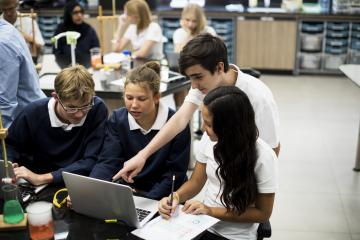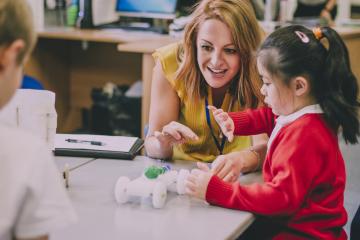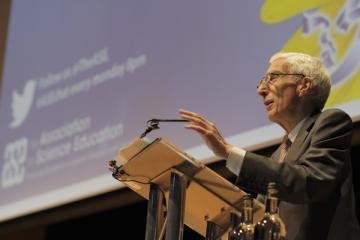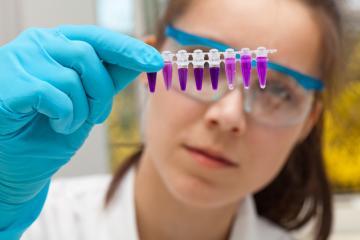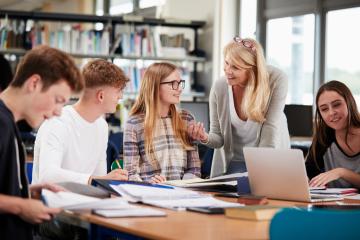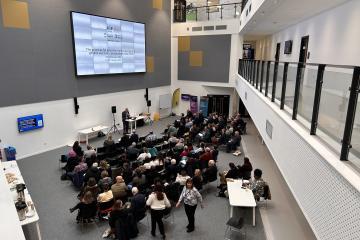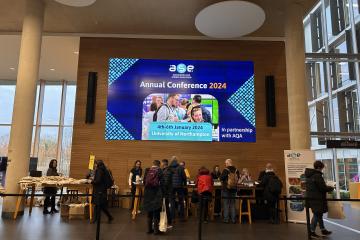Committees
In addition to the ASE Trustees and Education Group, ASE has several dedicated committees and specialist groups. Their expertise and experience forms part of ASE’s voice.
You could also be part of setting the agenda for ASE’s activity in providing professional learning across science education.
Applications are now open for all our committees
Applications for our committees are now open for our latest recruitment cycle, for applicants to take up their role from 1 August 2026.
We are seeking applications for all of the following national committees:
- 11-19 Committee
- Primary Science
- Technicians
- Research
- Teacher Developers'
- Publications Committee
- Education Group
- Policy Group
- SSR Journal Editorial Board
- Primary Science Journal Editorial Board
There may also be opportunities to support our Conference Organising Group, Health and Safety and Quality and Assurance Committees, so please do apply if you have an interest in these areas.
Do you have experiences to share or want to help shape ASE's support for teachers and technicians? We are seeking applications for all of our national committees, from Primary, to 11-19 to Technicians and Conference Organising, there is something to suit all from the science education community.
We are keen to hear from as wide a range of our membership as possible, whether new to ASE or a long-time member, new to science education or just looking to add something to your professional experience. Our deadline falls just after national volunteering week, on Sunday 7th June 2026 for positions starting from 1st August 2026. Periods of office are for up to three years.
You can view a video below on the role of our committees.
Periods of office are for up to three years. Details of each of the committees and groups can be viewed below as well as current membership.
Regional committees
You can find information about our regional committees here.
Our regional committees are representatives of the ASE at the local level and contribute to their communities in a variety of ways and means, helping to shape the future of science education.
Our region chairs would love to hear from you if you might be interested to join or if you would just like to hear more on these and share ideas, you can register your interest at any time, by contacting the Regional Outreach Officer, Melanie Bennett at melaniebennett@ase.org.uk
'Having joined the group in the last two years. I find it a fantastic way to stay connected to like-minded professionals and stay up to date with developments in primary science education.'
Daniel Atkinson, Primary Science Committee
'I joined the group to gain inspiration from like-minded colleagues and for an opportunity to share ideas and expertise.'
Andy Markwick, Primary Science Committee
'I have been a member of the Techs committee for the last two years and have massively enjoyed it. [...]Thank you for an amazing two years; some great fun; some great challenges; and meeting some great people.'
William Hoar, Science Laboratory Technicians Committee
How to get involved
One of the major advantages of membership of ASE is the opportunity to share your expertise with your colleagues. Getting involved with an ASE committee will challenge your strategic thinking and put you at the heart of steering ASE’s direction into the future. ASE calls for nominations every year to elect members to become involved in our governance structure either as a Trustee, part of our Education Group or on our national committees. Members are also asked to vote for their Chair of the Association.
Our committees and groups meet three times a year online.
If you can lend your experience, then please feel free to get in touch info@ase.org.uk.
You can apply to become a member of an ASE Committee or Specialist Group Member here:
If you are unable to complete the online form above, please contact info@ase.org.uk for a copy of the word document version.

